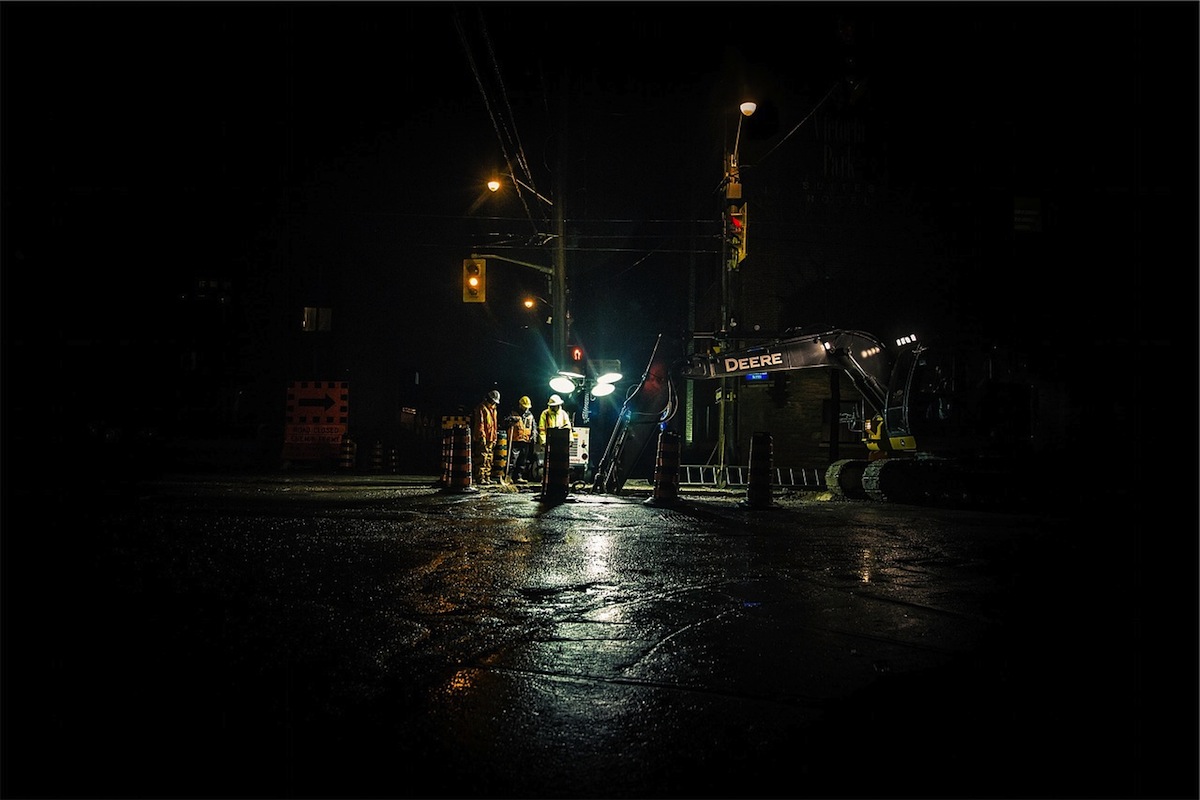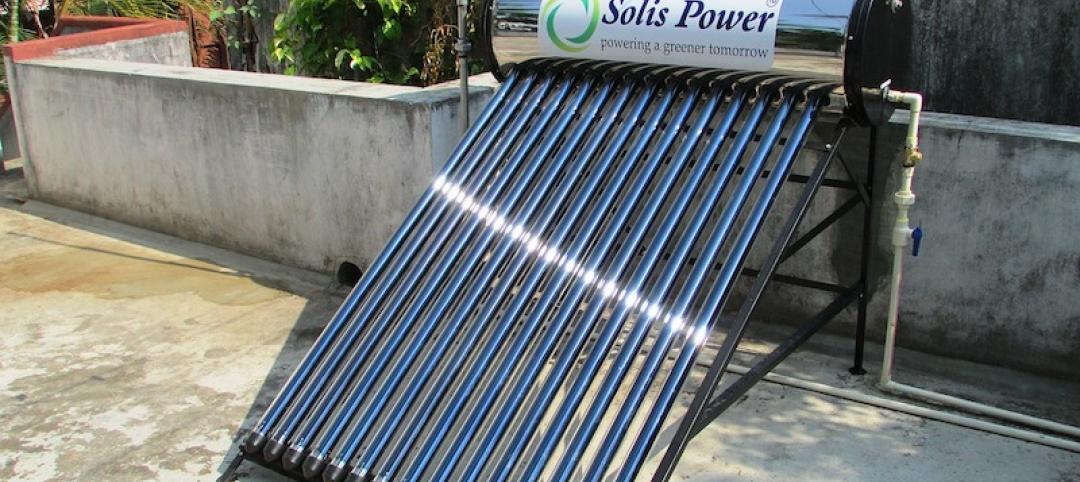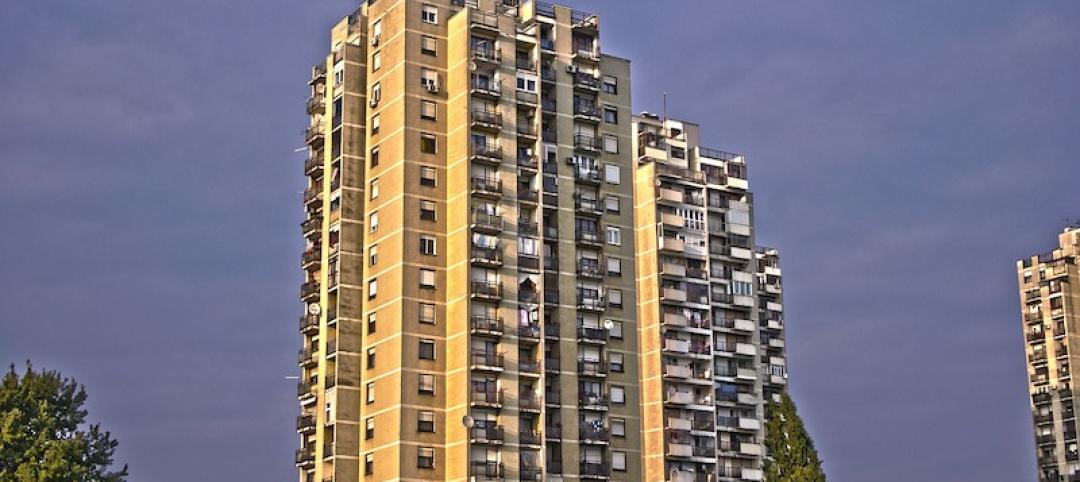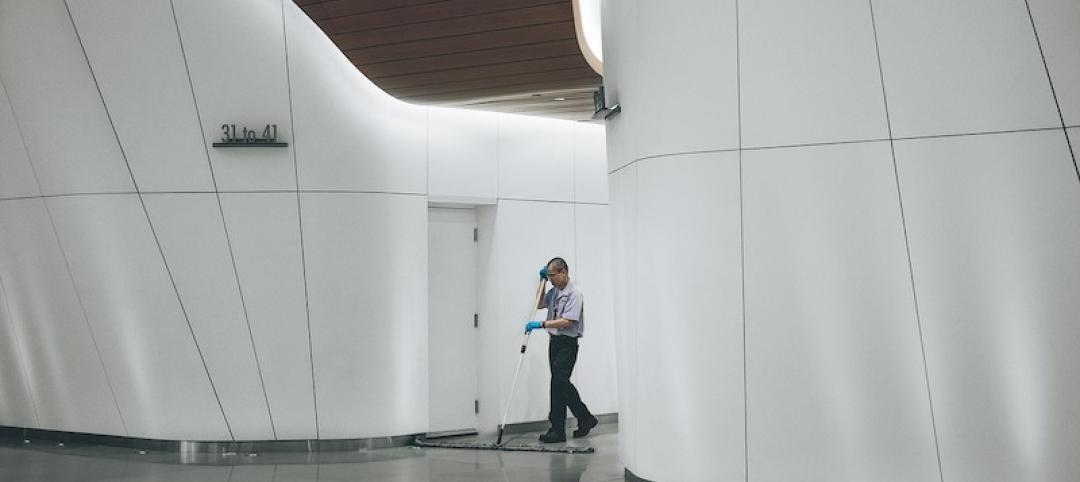The Occupational Safety and Health Administration issued a final rule to increase protections for construction workers in confined spaces.
The agency says the rule, which matches those in manufacturing and other industries, could protect nearly 800 construction workers a year from serious injuries and reduce life-threatening hazards.
The rule applies to areas including manholes, crawl spaces, tanks, and other confined spaces that are not intended for continuous occupancy and are difficult to exit in an emergency.
People working in confined spaces face life-threatening hazards including toxic substances, electrocutions, explosions, and asphyxiation. The agency cited a case last year in which two workers were asphyxiated while repairing leaks in a manhole. The new rule was devised to prevent such incidents.
The new regulations include requirements to ensure that multiple employers share vital safety information and to continuously monitor hazards—a safety option made possible by technological advances after the manufacturing and general industry standards were originally created.
Related Stories
Codes and Standards | Jun 23, 2020
State lawmakers encouraging transition to heat pumps for building heating
Policies aim to replace gas heaters with electric units.
Codes and Standards | Jun 22, 2020
Natl. Renewable Energy Labs, Cold Climate Research Ctr. team up on extreme weather research
Focus on renewable power, sustainable transportation, energy efficiency, and energy systems integration.
Codes and Standards | Jun 19, 2020
Demand for family rentals expected to jump over next few years
Developers’ focus on single, urban millennials leaves family market underserved.
Codes and Standards | Jun 17, 2020
AIA offers retail and office 3D models for reducing risk of COVID-19 transmission
For modifying stores and offices with 17-point architectural, engineering, and administrative framework.
Codes and Standards | Jun 17, 2020
Santa Fe is second city in the world to achieve LEED v4.1 Gold
New Mexico community gained credits for resilience planning, including public health crises.
Codes and Standards | Jun 15, 2020
NSF International’s Checked by NSF program helps businesses reopen safely
Includes third-party validation of COVID-19 preventive measures.
Codes and Standards | Jun 15, 2020
Workers want policy changes before they return to offices
More office cleaning, work from home opportunities, and staying home when sick among the desired adjustments.
Codes and Standards | Jun 12, 2020
Carbon emission legislation prompts commercial real estate to innovate
Mass timber, augmented reality, and modular construction among the trends.
Codes and Standards | Jun 11, 2020
USGBC offers new pilot credit to address green cleaning and COVID-19
Provides guidance on cleaning and disinfecting buildings using green cleaning best practices.
Codes and Standards | Jun 10, 2020
AIA issues tools for reducing risk of COVID-19 transmission in buildings
Tailored strategies offered for offices, retailers, schools, and senior living facilities.

















